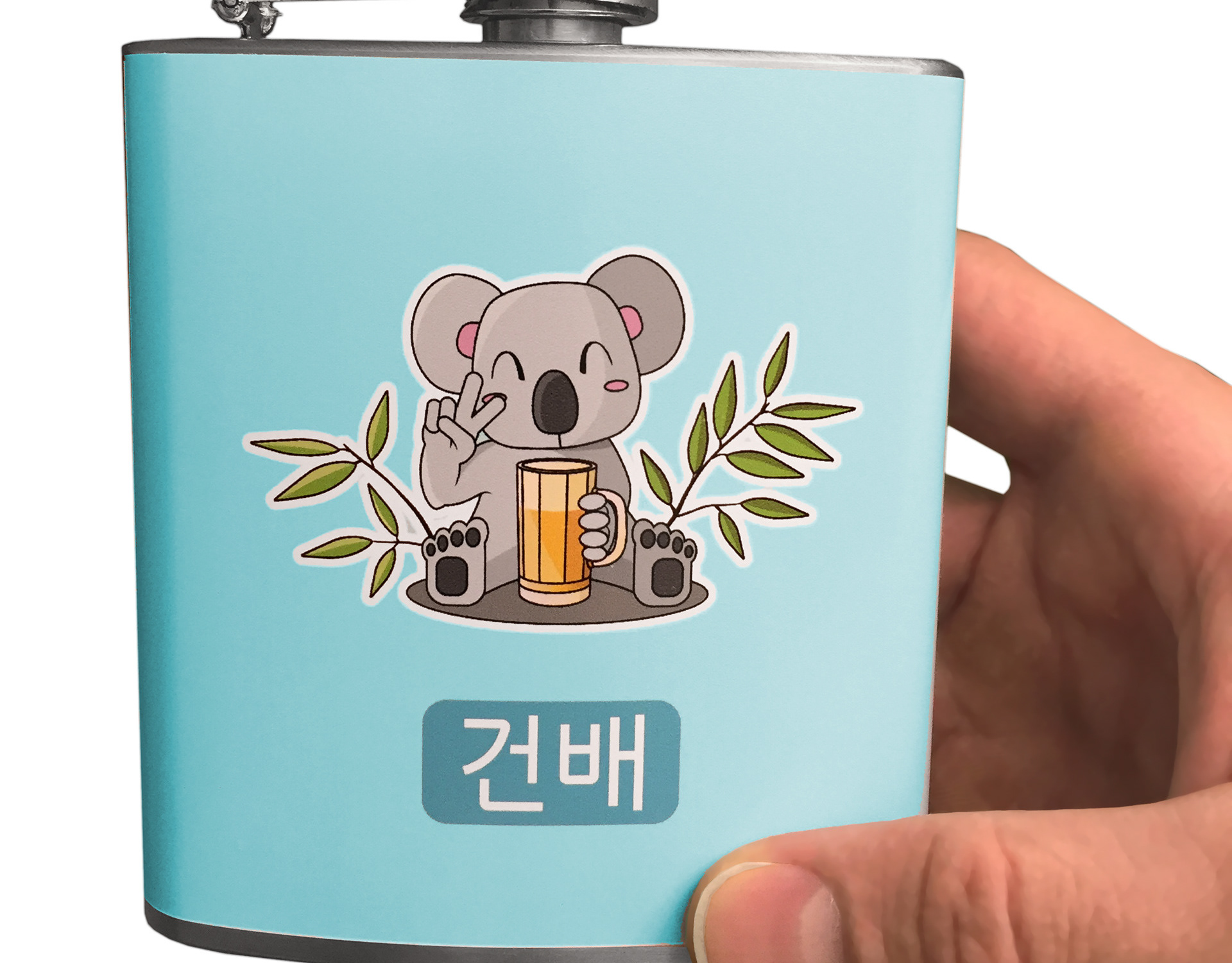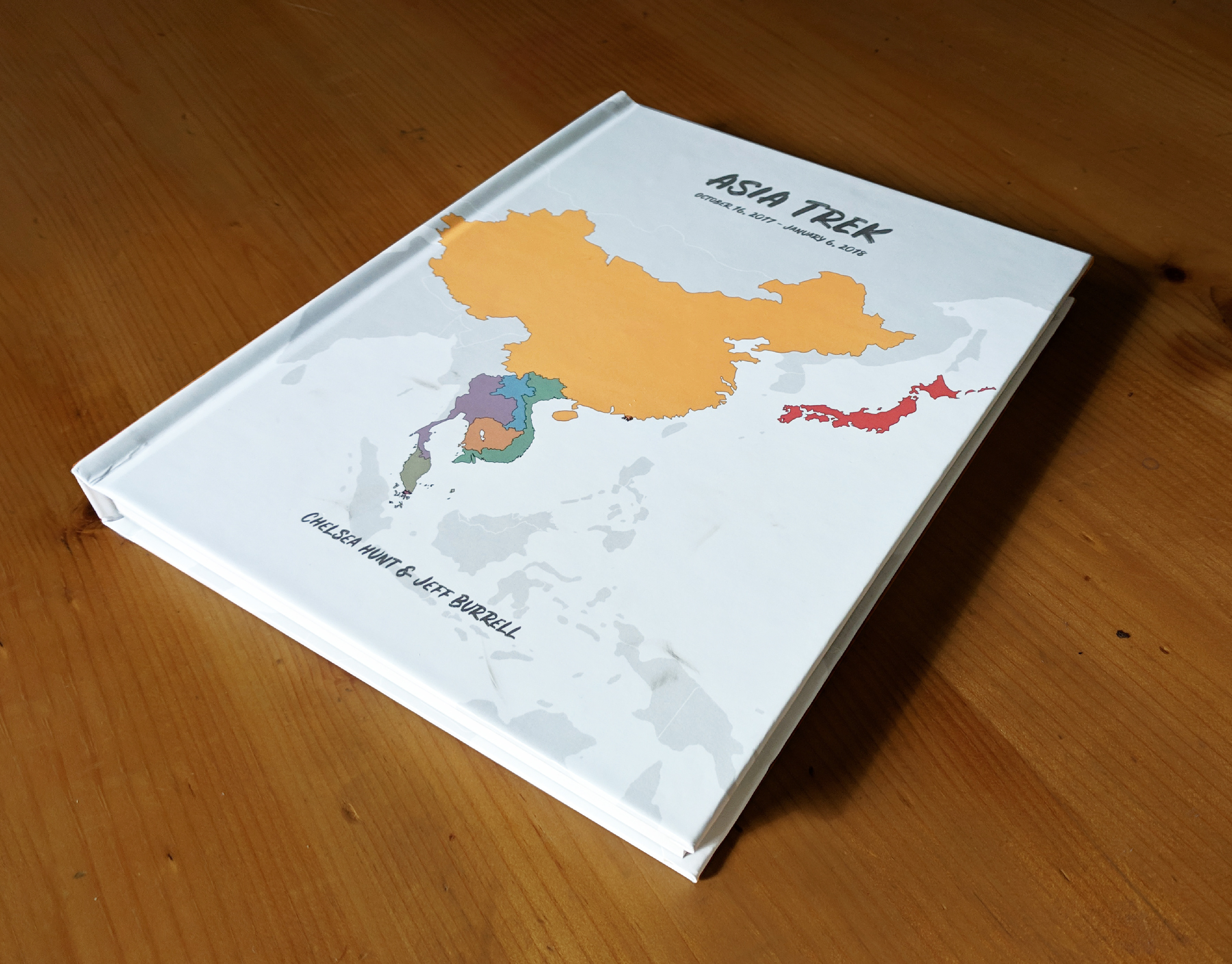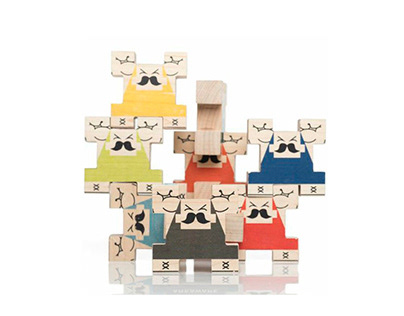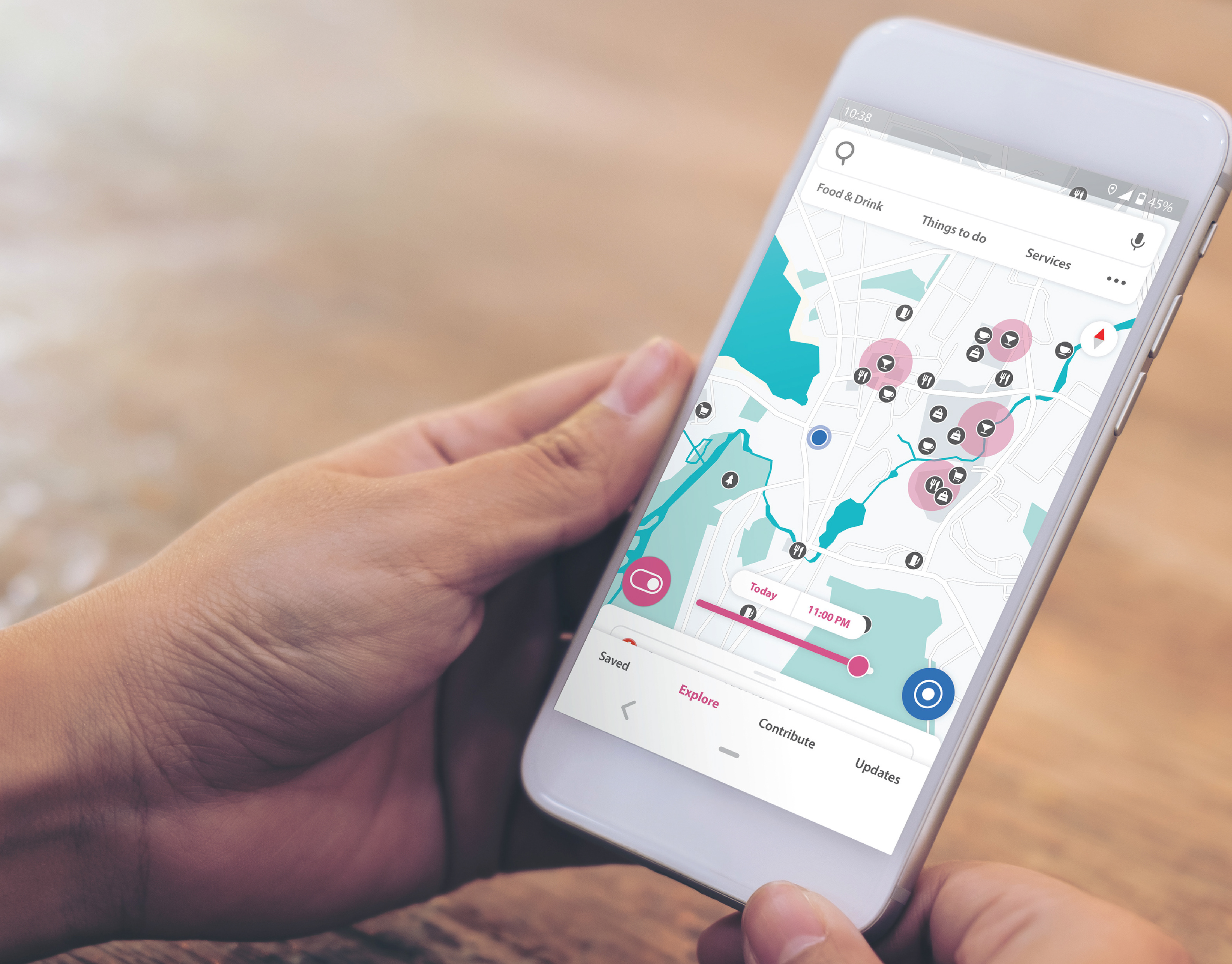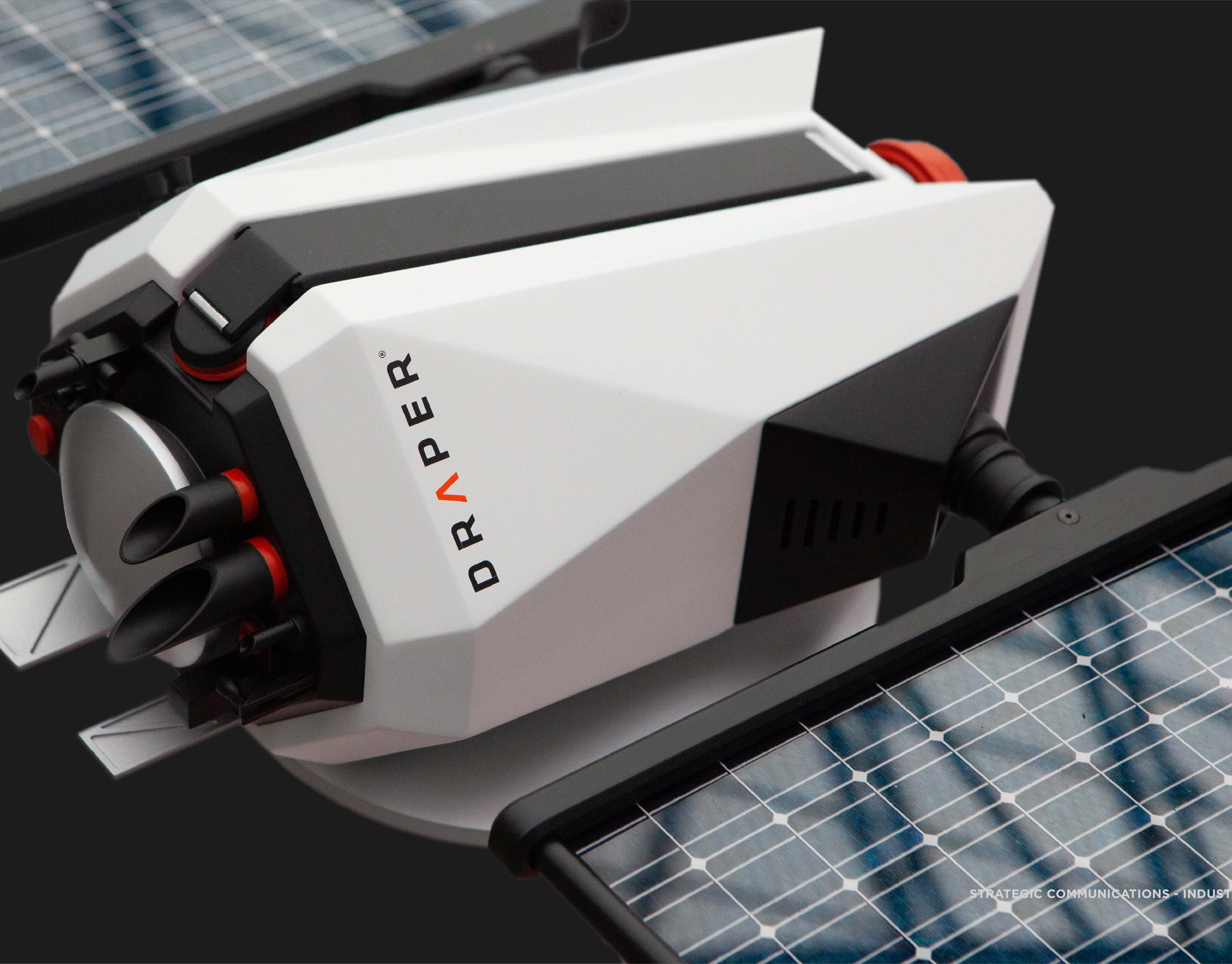The Element is a concept for a lightweight, modular blanket that is easily adaptable to a variety of different environments and use cases. The product is made out of 100% post-consumer recycled plastic material, and was built as part of a business model aiming to reduce environmental waste, while also offering initiatives that could positively impact local communities.
I acted in the capacity of designer, researcher, and prototyper alongside my partners Zoë Judd and Charya Peou as part of a semester long project for a class in the Outdoor Experience Design space at Northeastern University.
The Element won a 2001 RISE Focus Award for Design which recognizes projects that best exemplify how design principles and process shape innovative solutions to challenging, multi-disciplinary problems.
There is an underlying commonality between outdoor adventure seekers, and those who are forced to spend extended amounts of time outside, perhaps not by choice. The need to accomplish many tasks with as few items as possible is a very real struggle, as well as the need to oftentimes carry all of these individual items on one's person.
Research into a wide array of materials, similar products, and businesses built on a “give-back” model yielded a lot of insight into the framework of building products with the aim of furthering environmental and social causes.
Multiple concepts and form factors were explored that could provide a solution for a single product serving multiple purposes. This process led to the discovery of adaptable cinching techniques, connecting multiple products together to suit a multitude of different scenarios. Some of these use cases include transforming into a pillow, a jacket, a sleeping bag, and a makeshift shelter.
The business model surrounding the product involves partnering with local recycling centers to collect plastic waste which can be processed into a lightweight, water resistant fabric to act as the product's base material. The aim is for the business to have a positive impact on both the environment and local communities, offering incentives to close the loop on reducing future waste generation.


